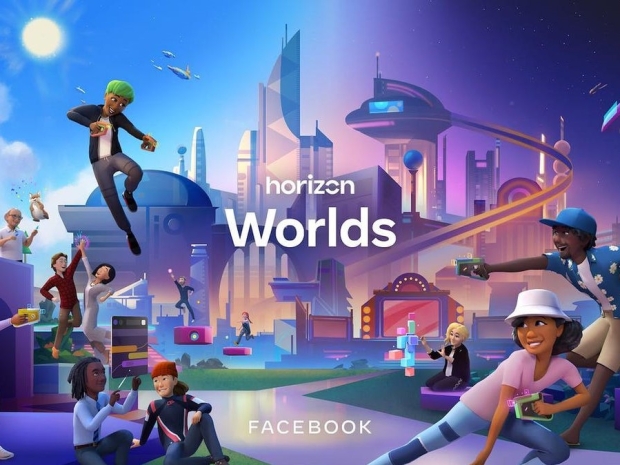Meta has admitted the incident took place during Horizon Worlds' beta testing and was reported November 26.
Horizon Worlds, finally released by Meta on December 9, allows users in the US and Canada to gather with others, play games and build their own virtual worlds.
It's an early step in Meta's ambition to transform into a 'metaverse' – a collective virtual shared space featuring avatars of real people.
But the recent incident has raised concerns about the safety of the metaverse and suggests the virtual world 'has a groping problem already'.
Horizon Worlds allows users in the US and Canada to gather with others, play games and build their own virtual worlds.
Users have to be at least 18 years old and have the proper equipment - a Quest 2 virtual reality (VR) headset.
Horizon World first announced in 2019 and launched last year in beta.
'Sexual harassment is no joke on the regular internet, but being in VR [virtual reality] adds another layer that makes the event more intense,' the unnamed beta tester posted in the official Horizon group on Facebook, as quoted by The Verge.
'Not only was I groped last night, but there were other people there who supported this behaviour which made me feel isolated.'
Meta's internal review of the incident claims that the victim should have used a 'Safe Zone' safety tool. This in-built tool activates a protective bubble that no one else can penetrate by touching them, talking to them or interacting with them in any way.
So basically, it is the victim's fault, if she had not had the safe zone tool activated, she must have been begging for it, much like those women who go into bars and order a drink are asking to be date raped. It is probably better for Meta to enter the 19th century regarding women before designing systems that allow men to harass women.




